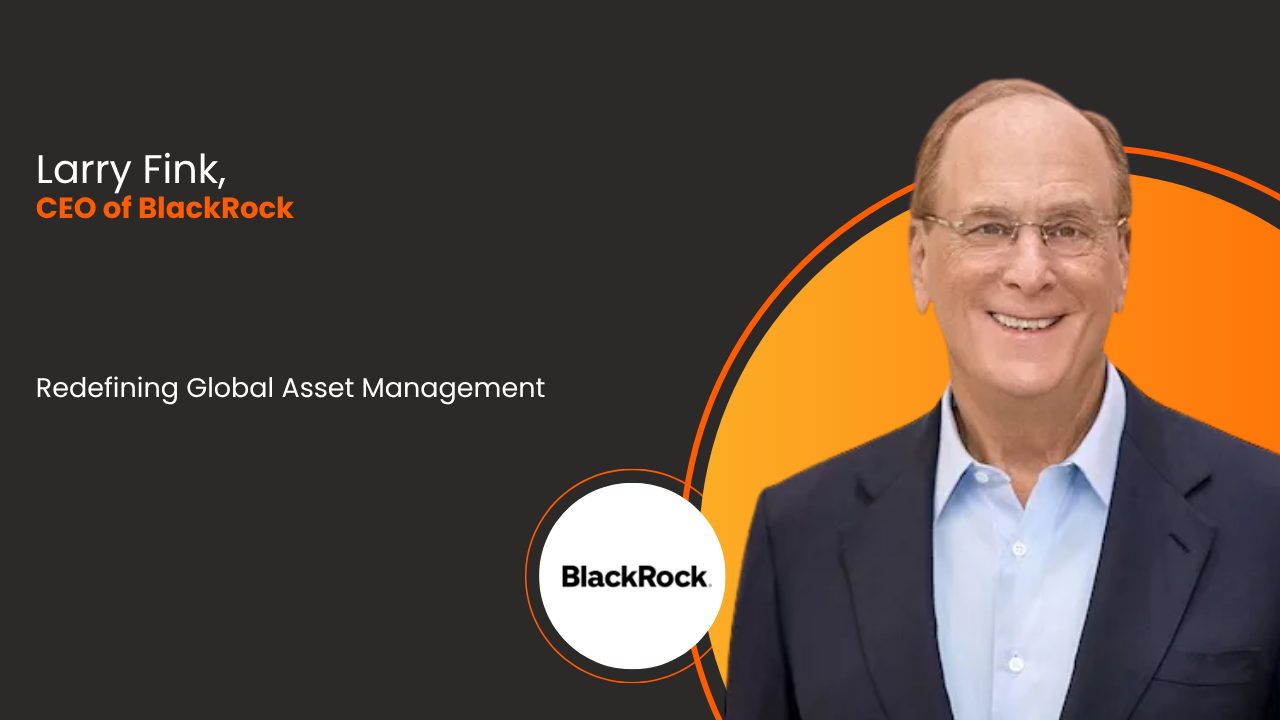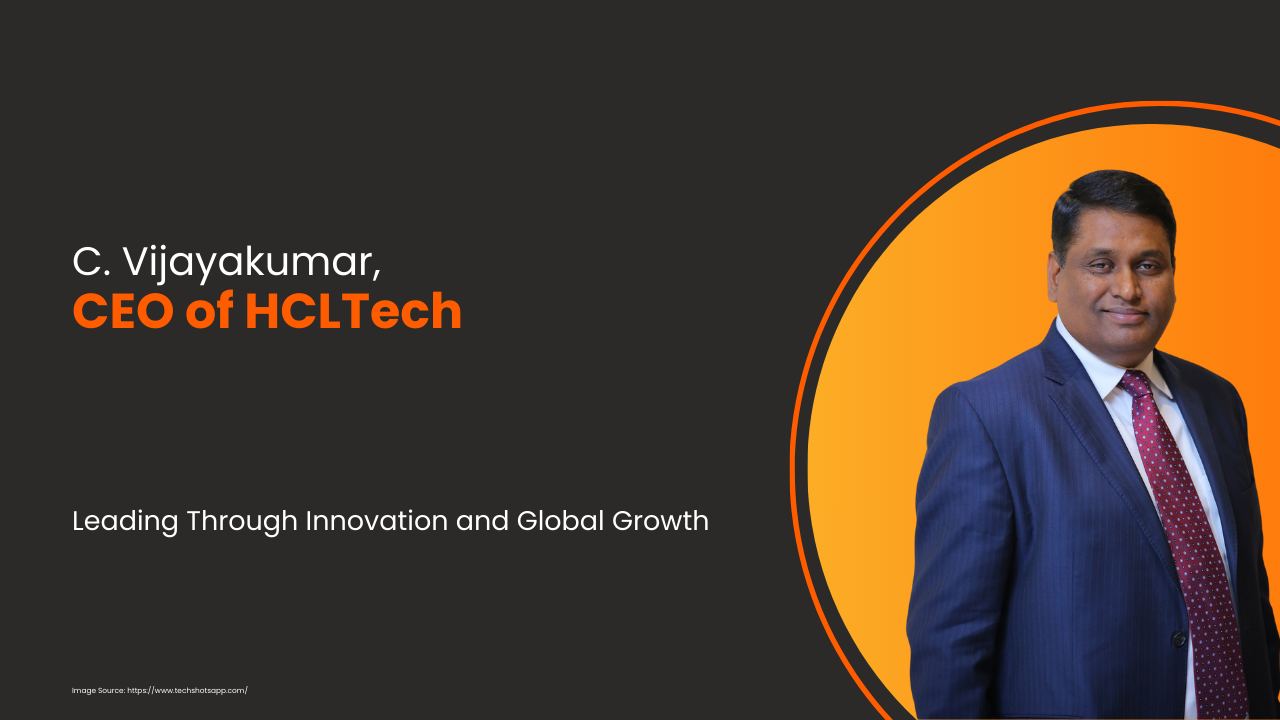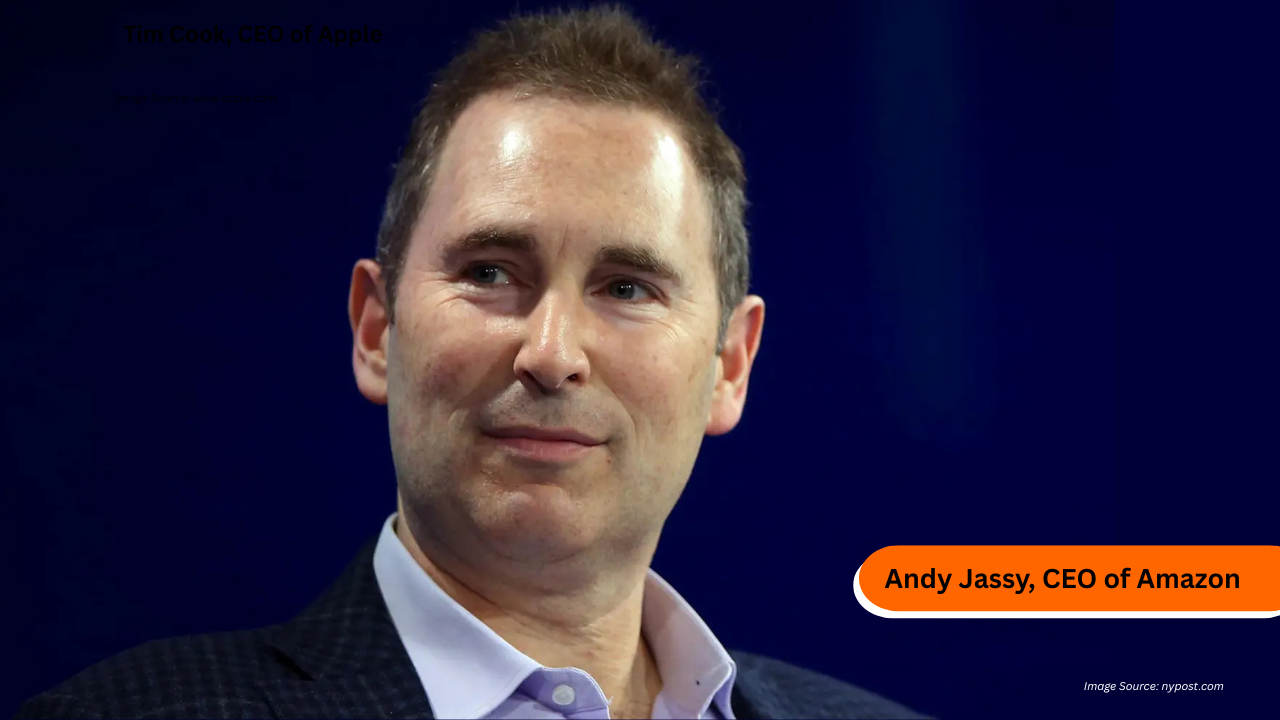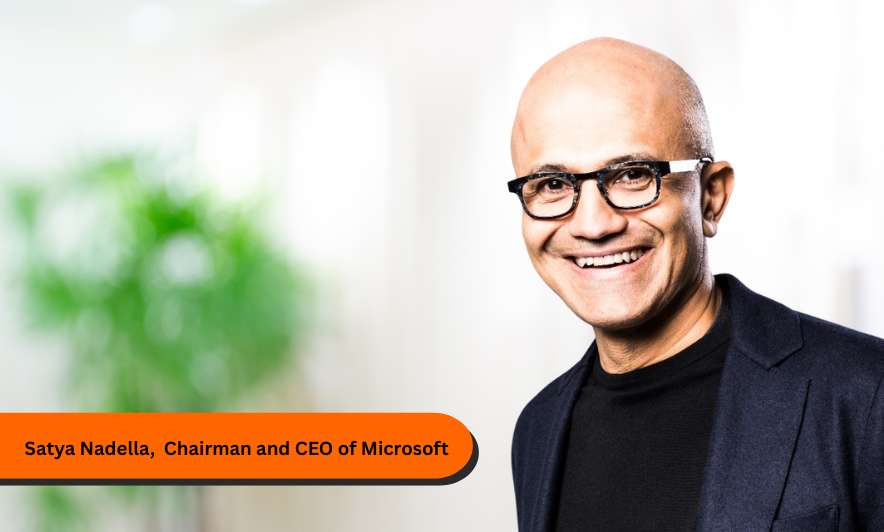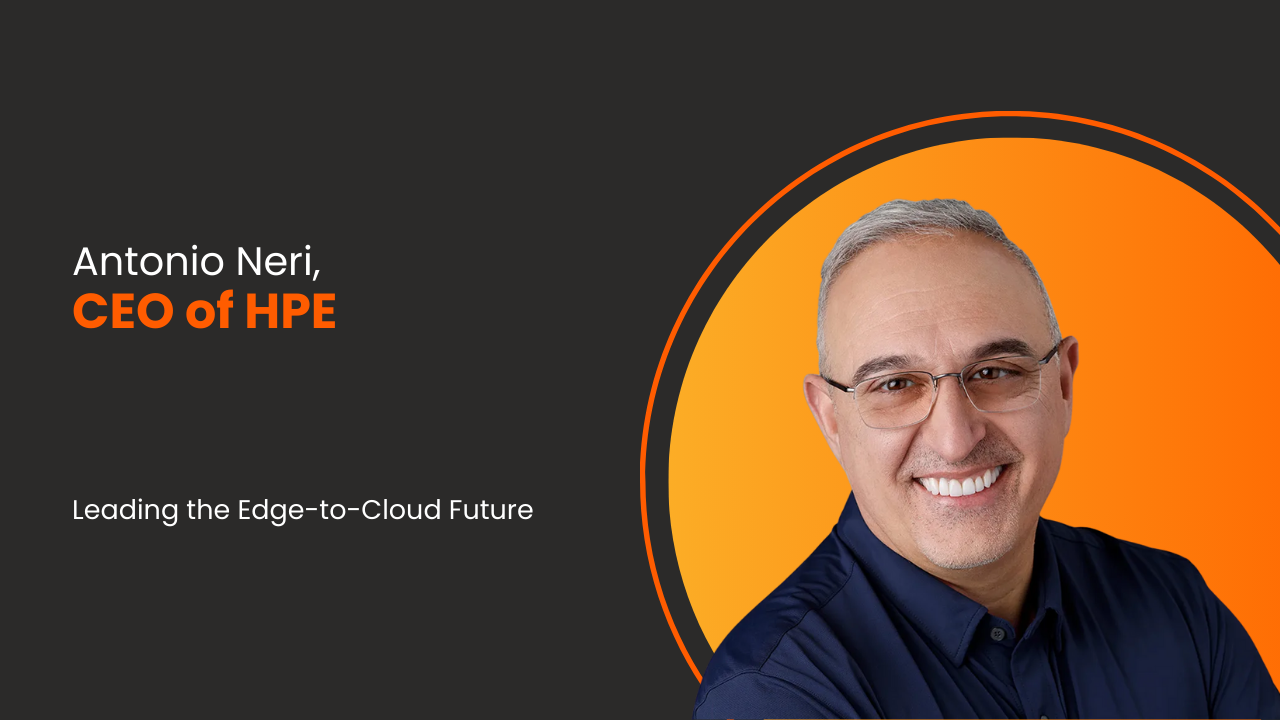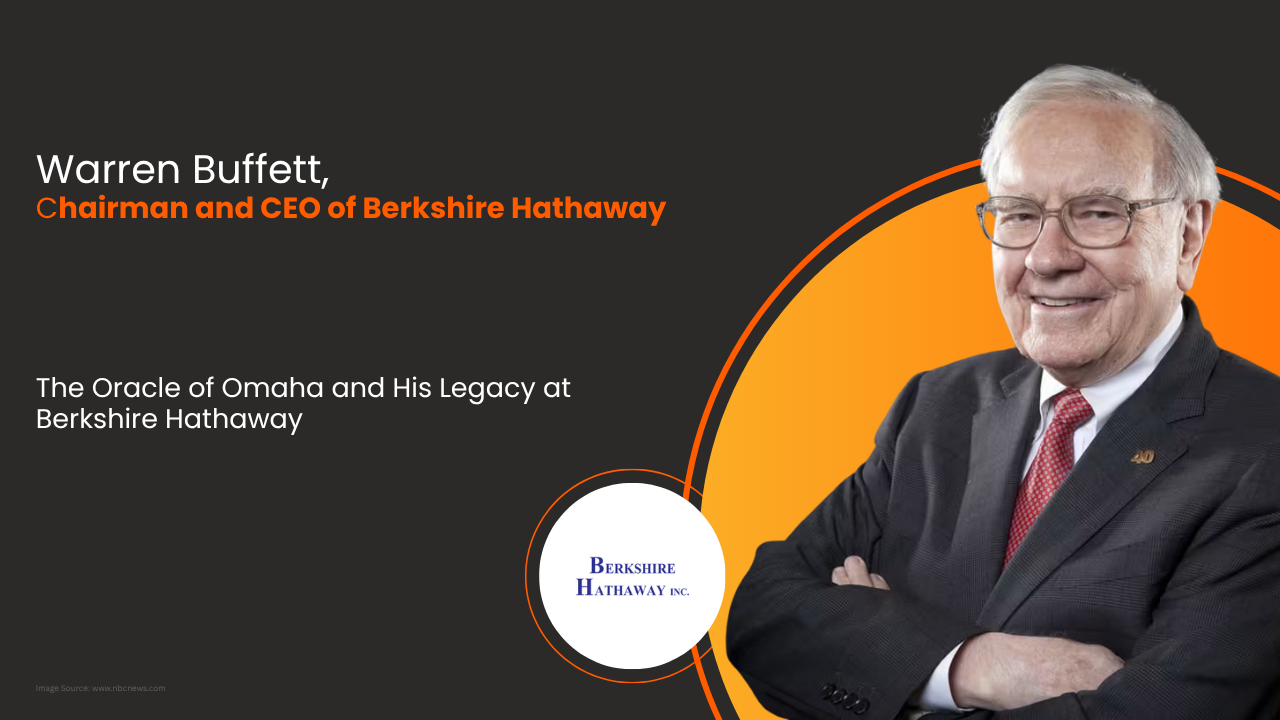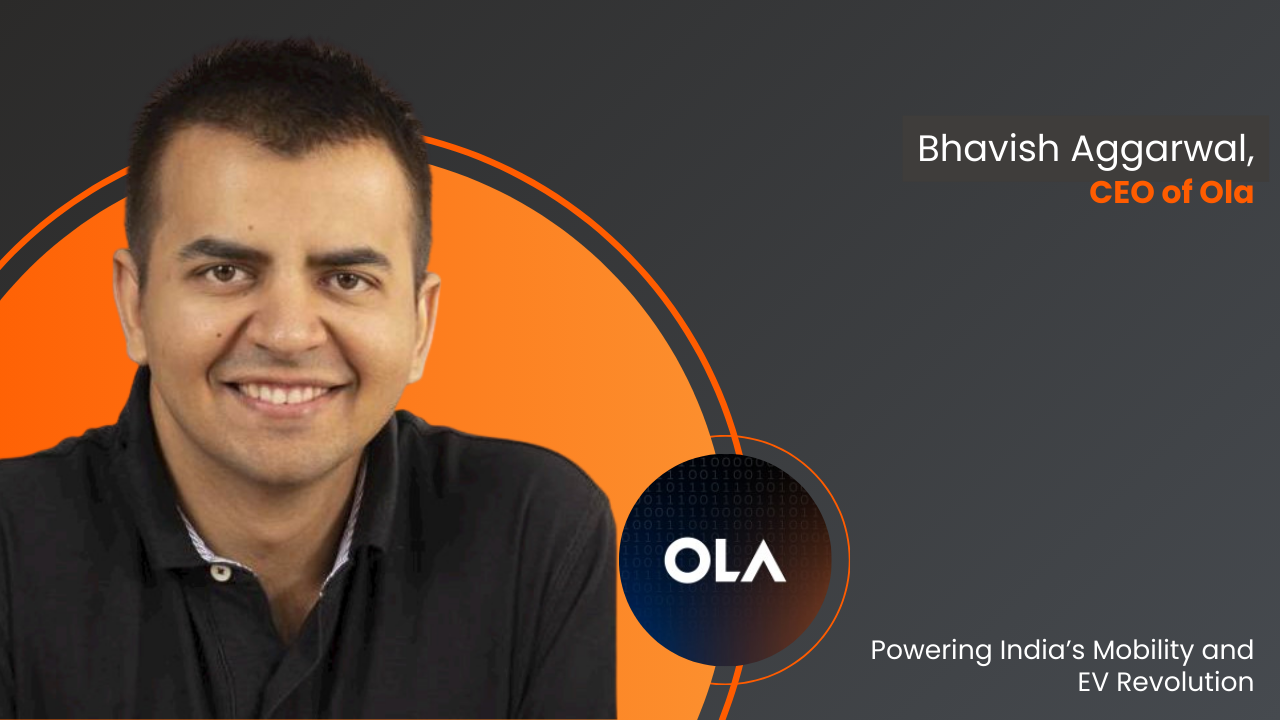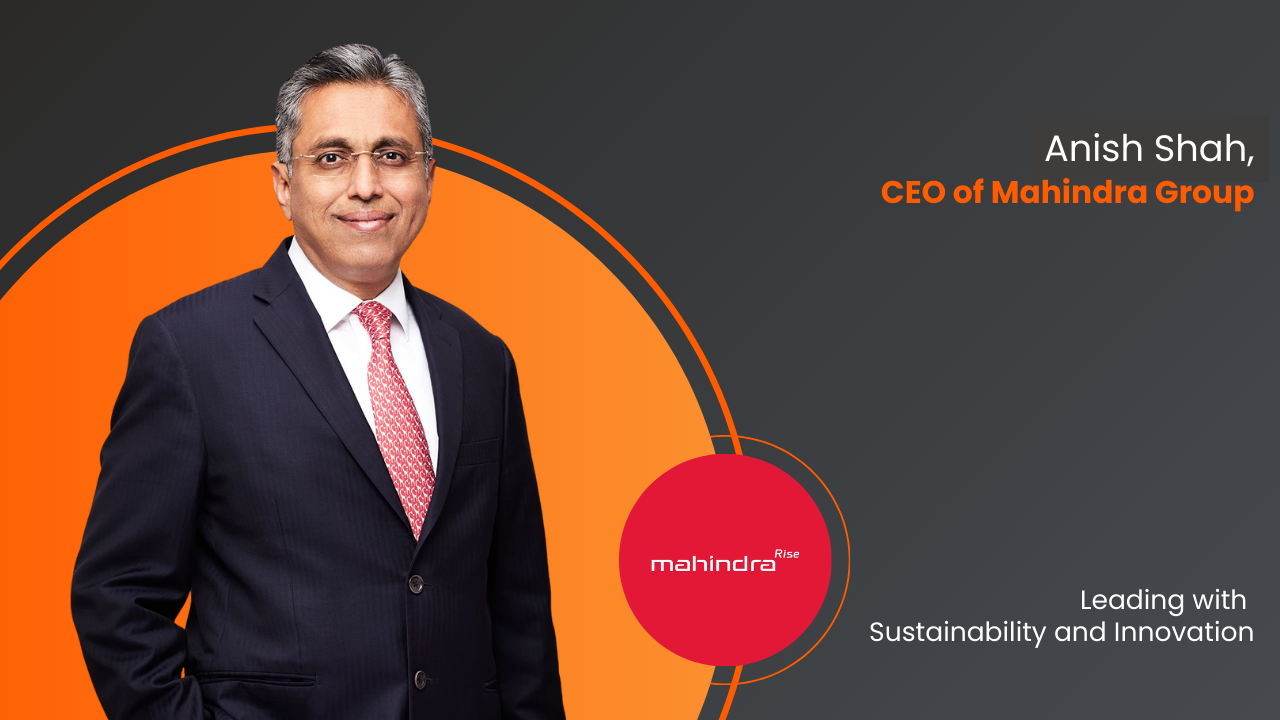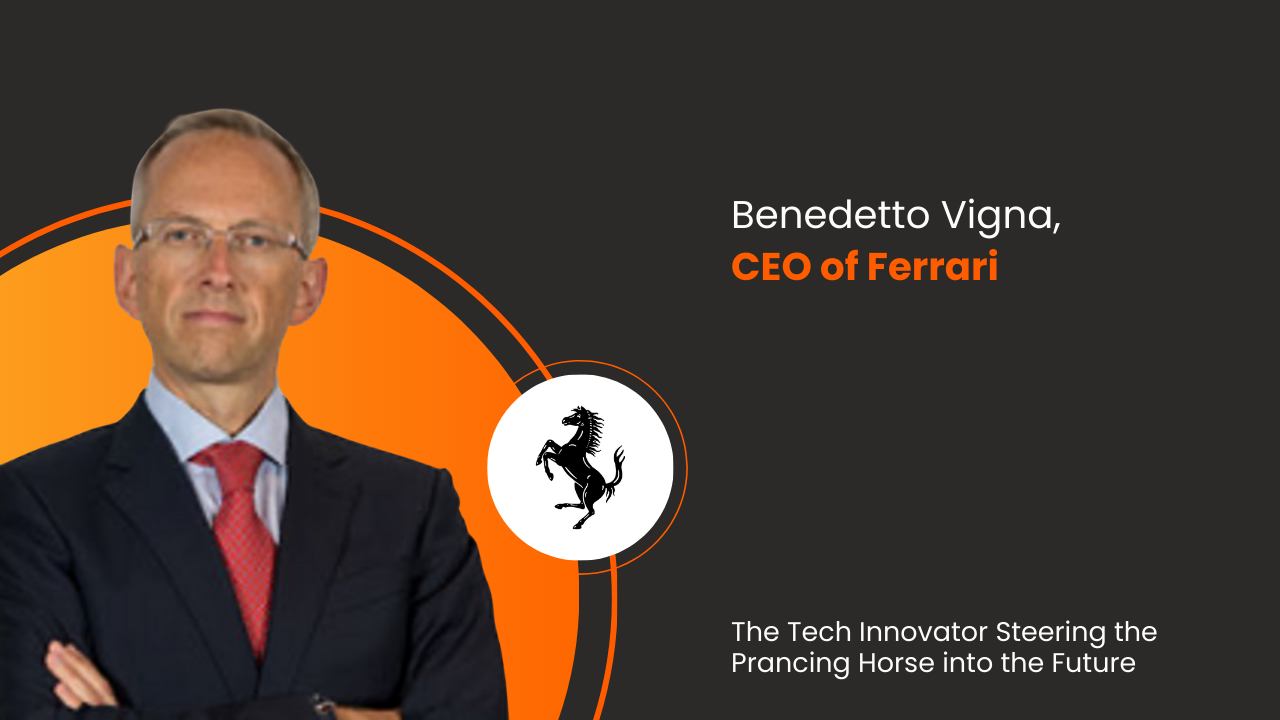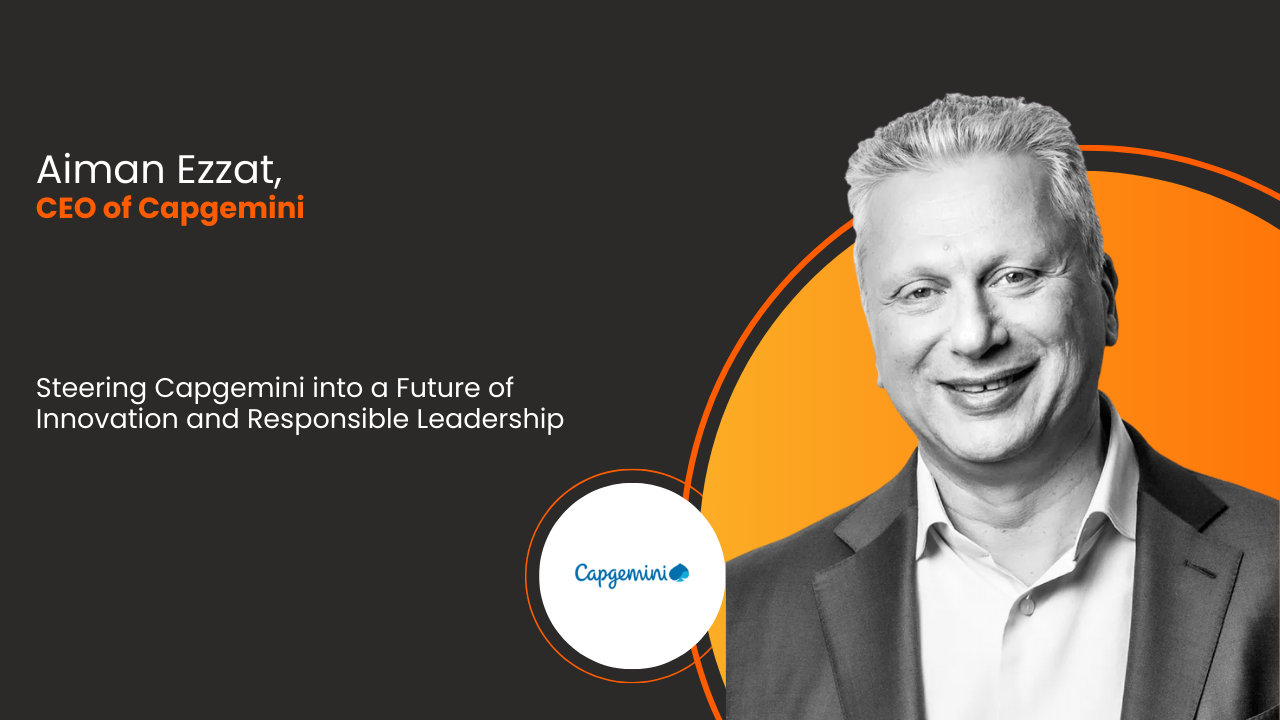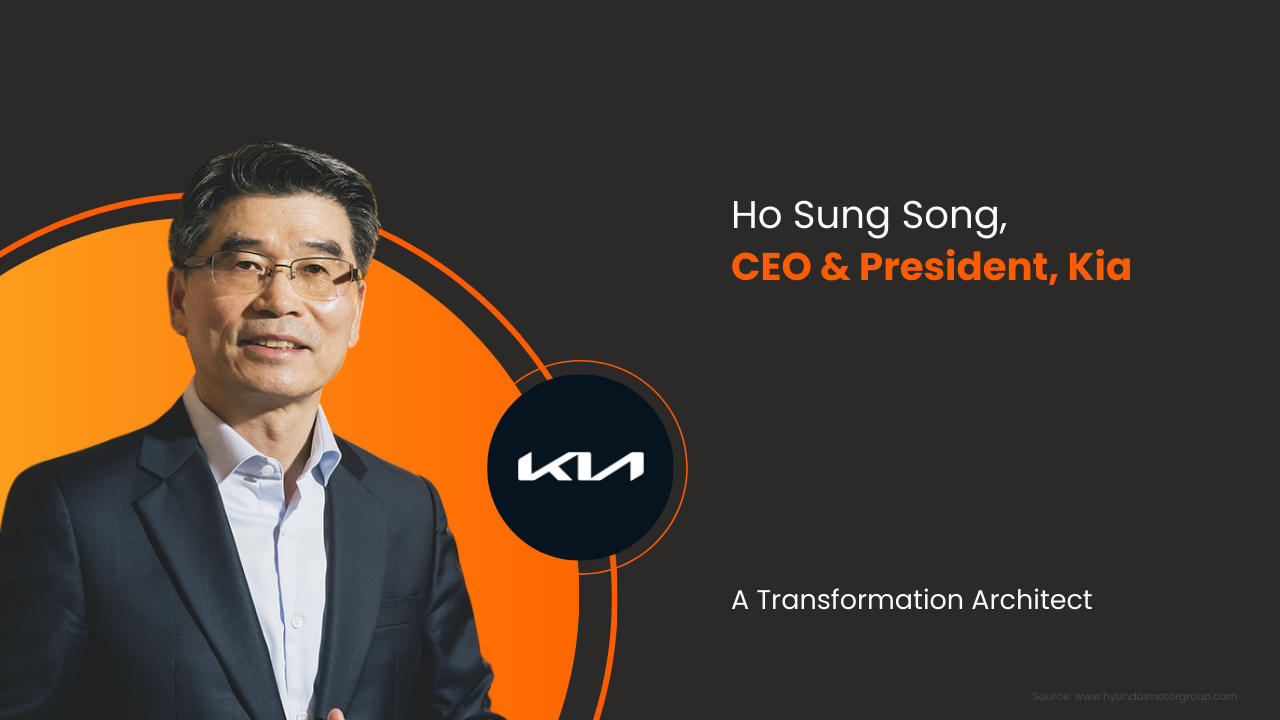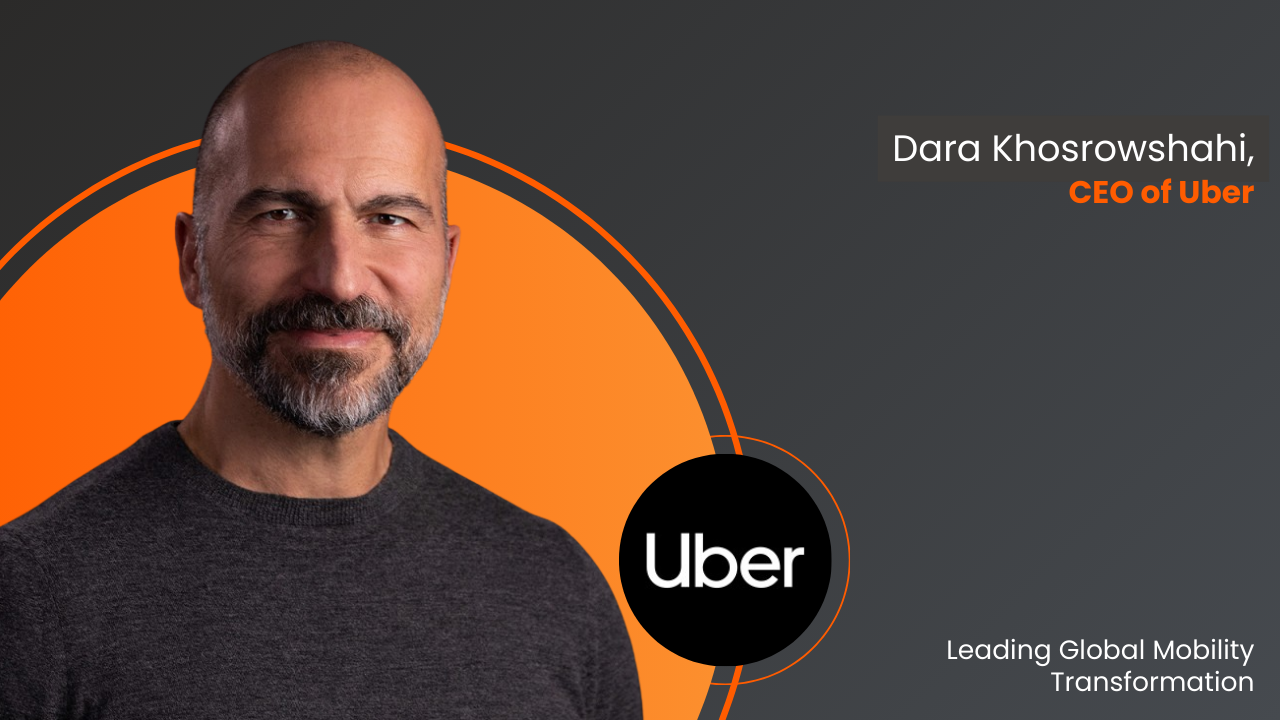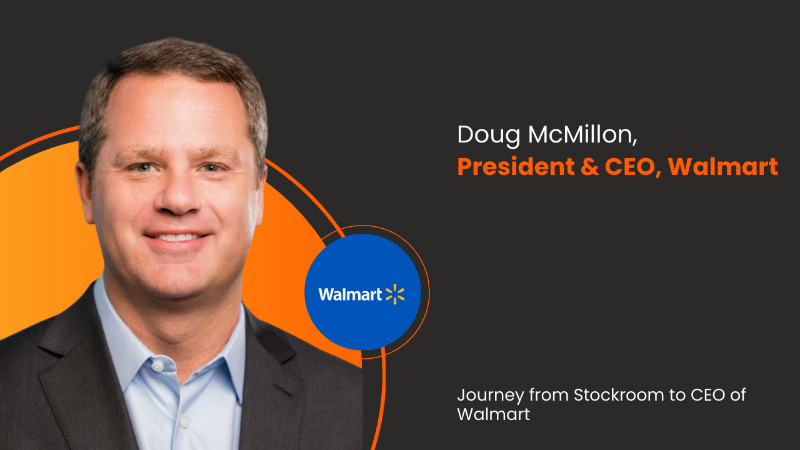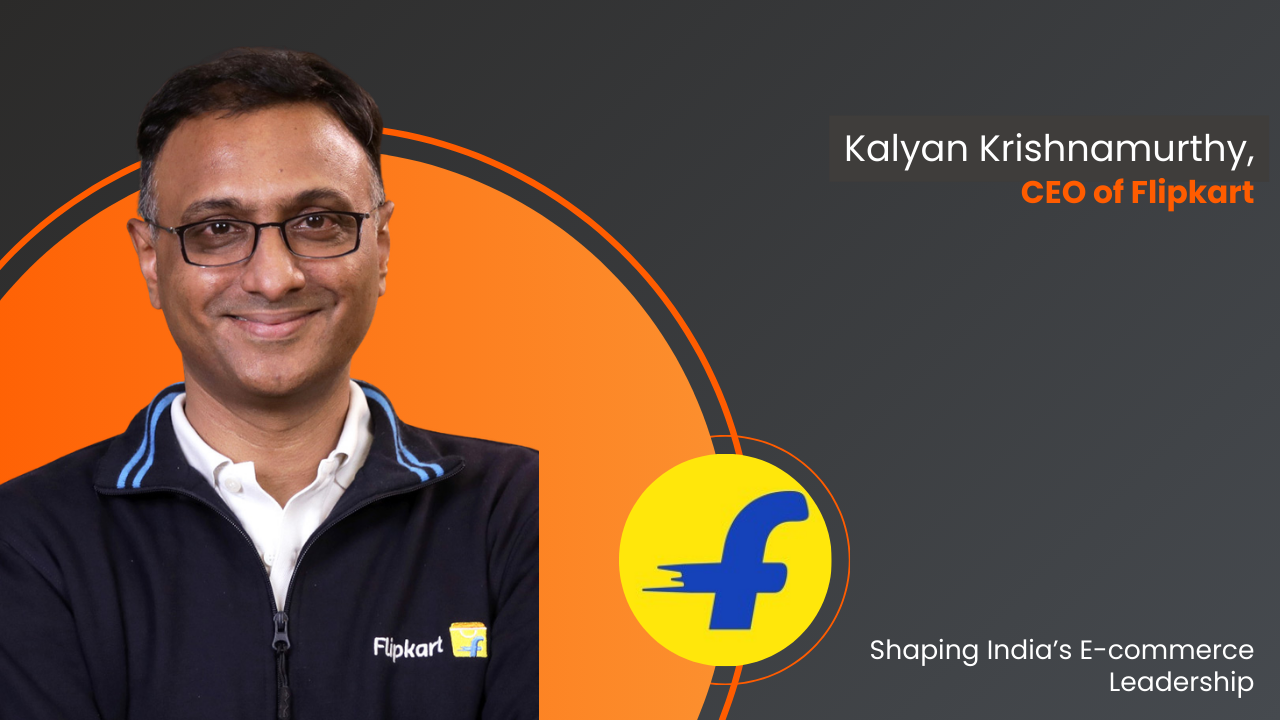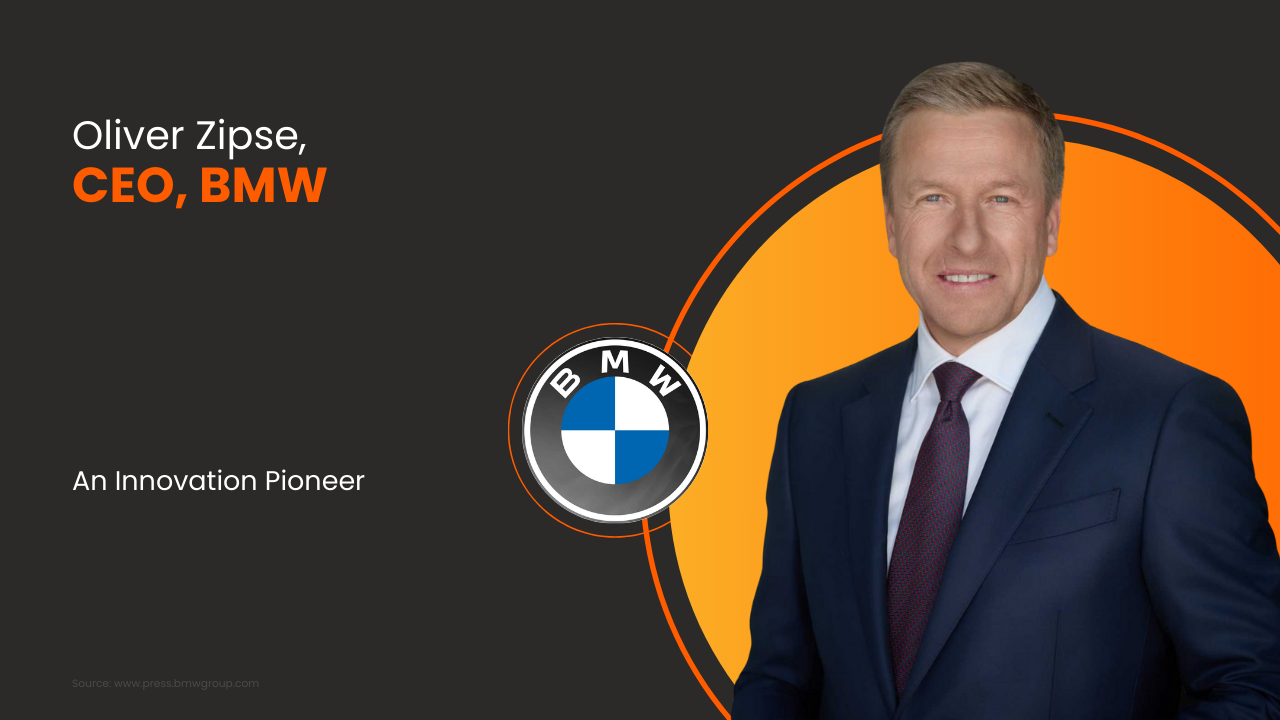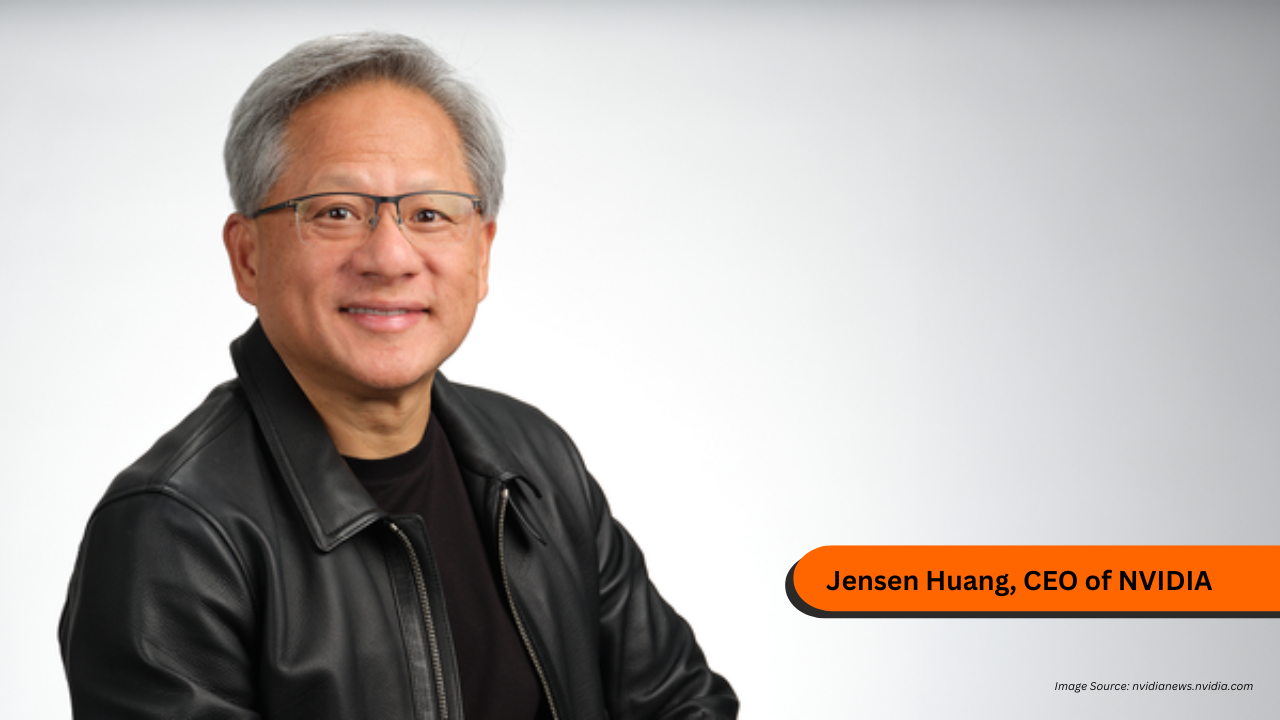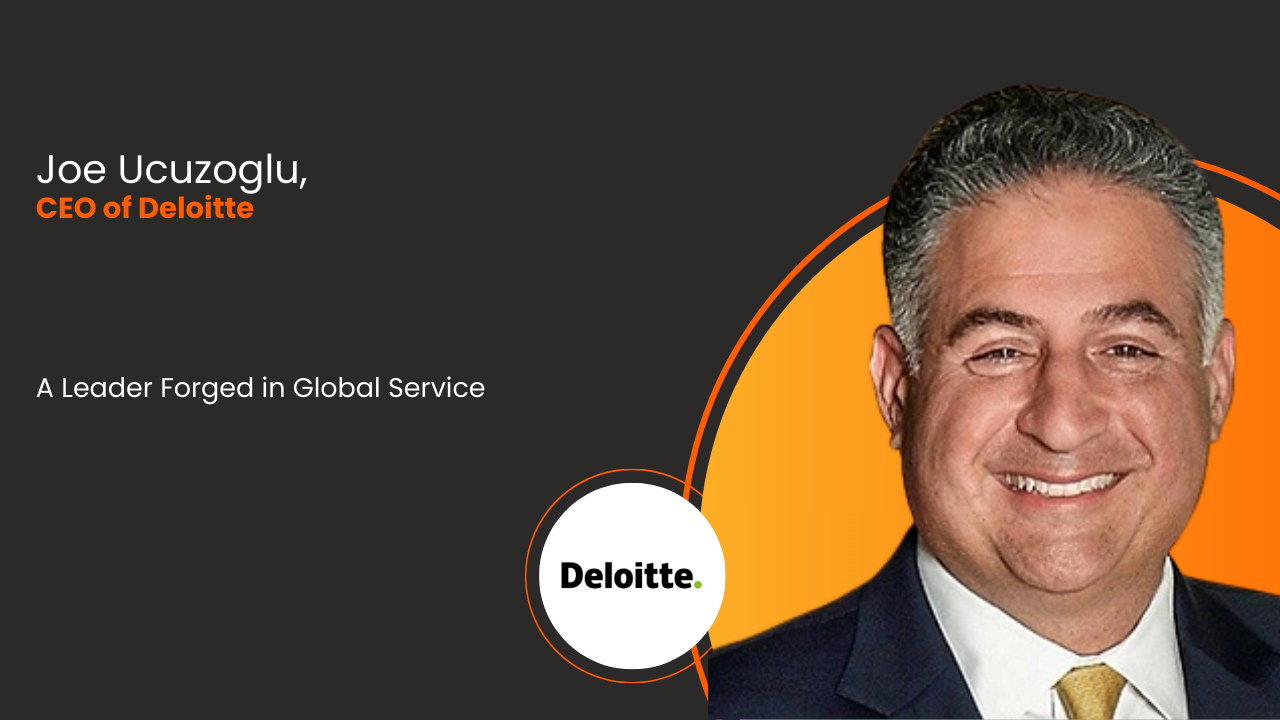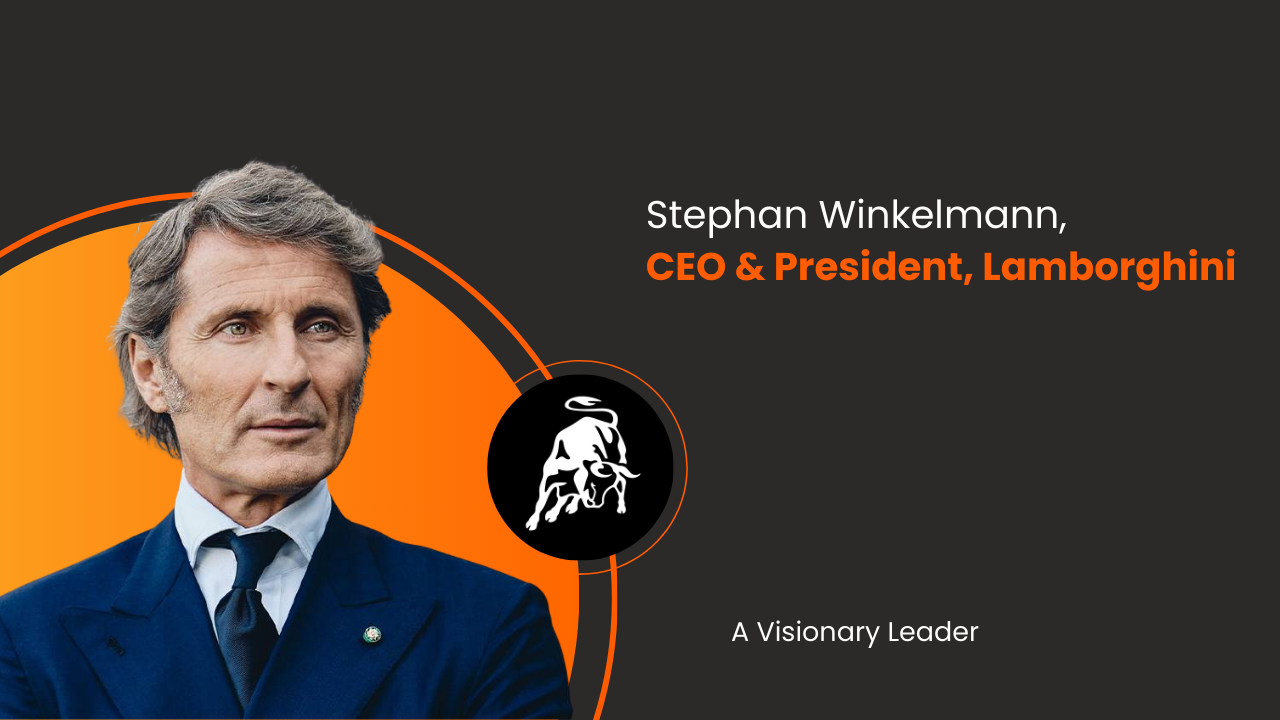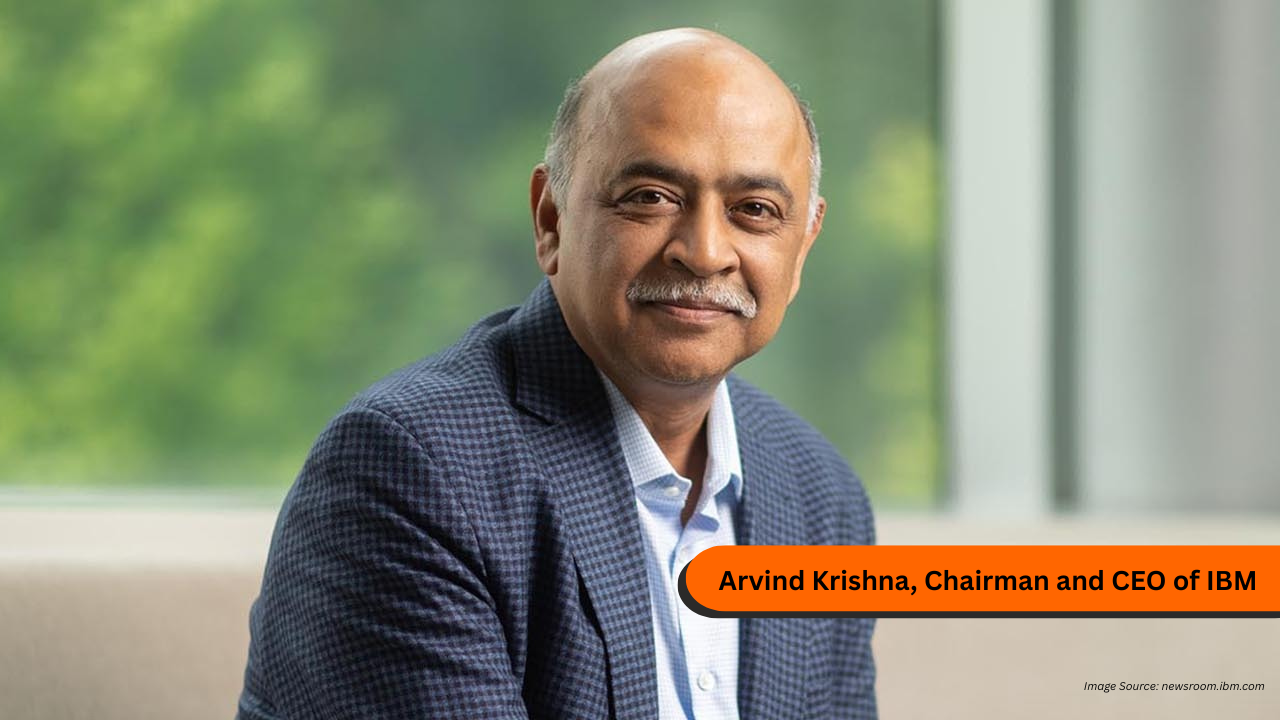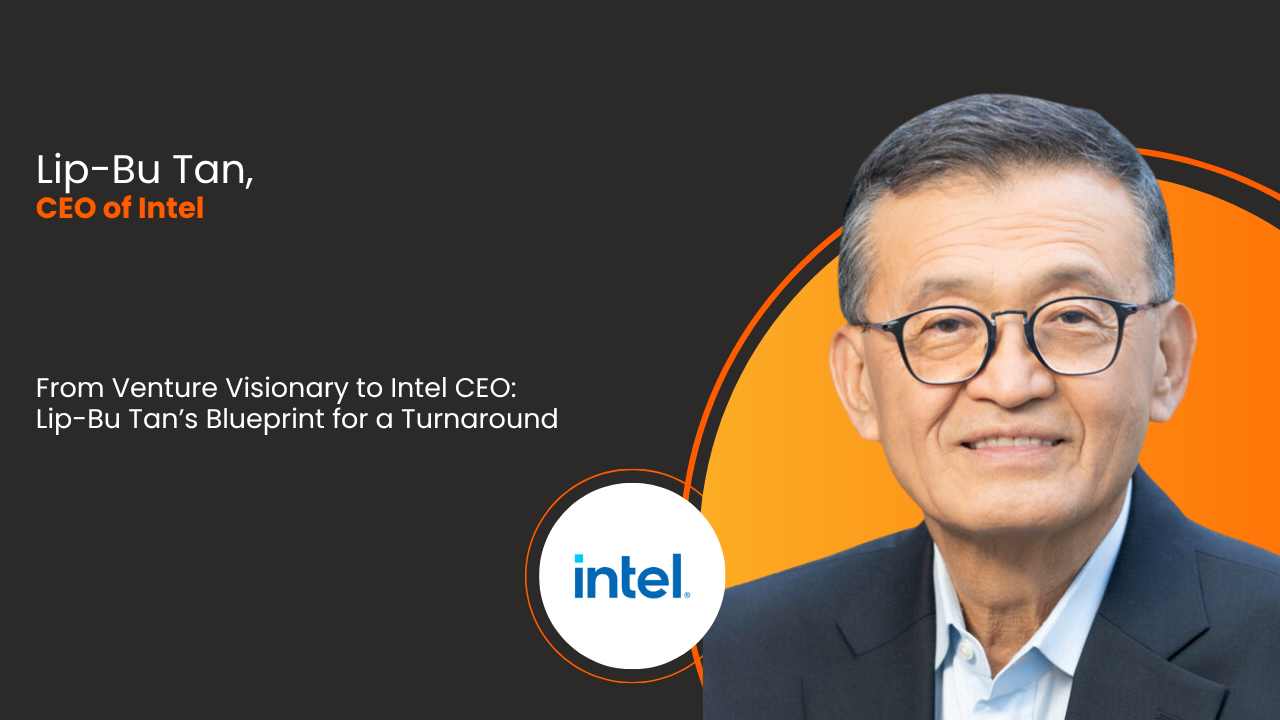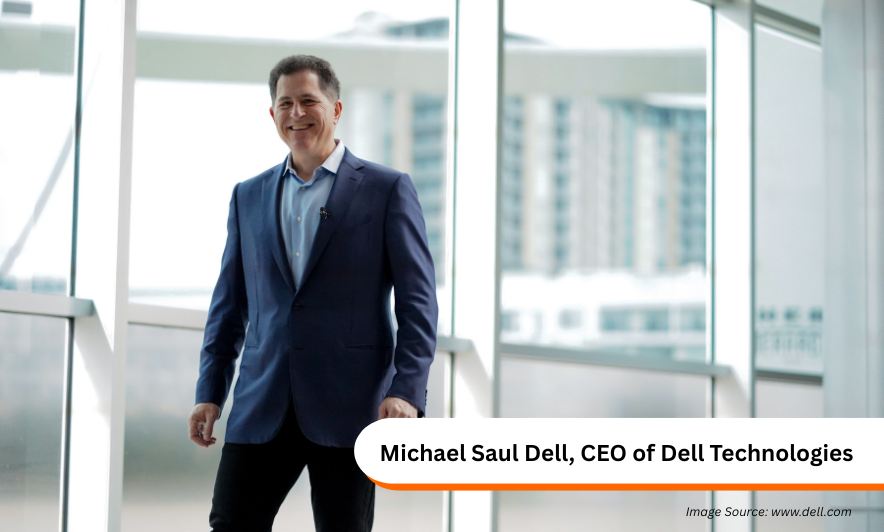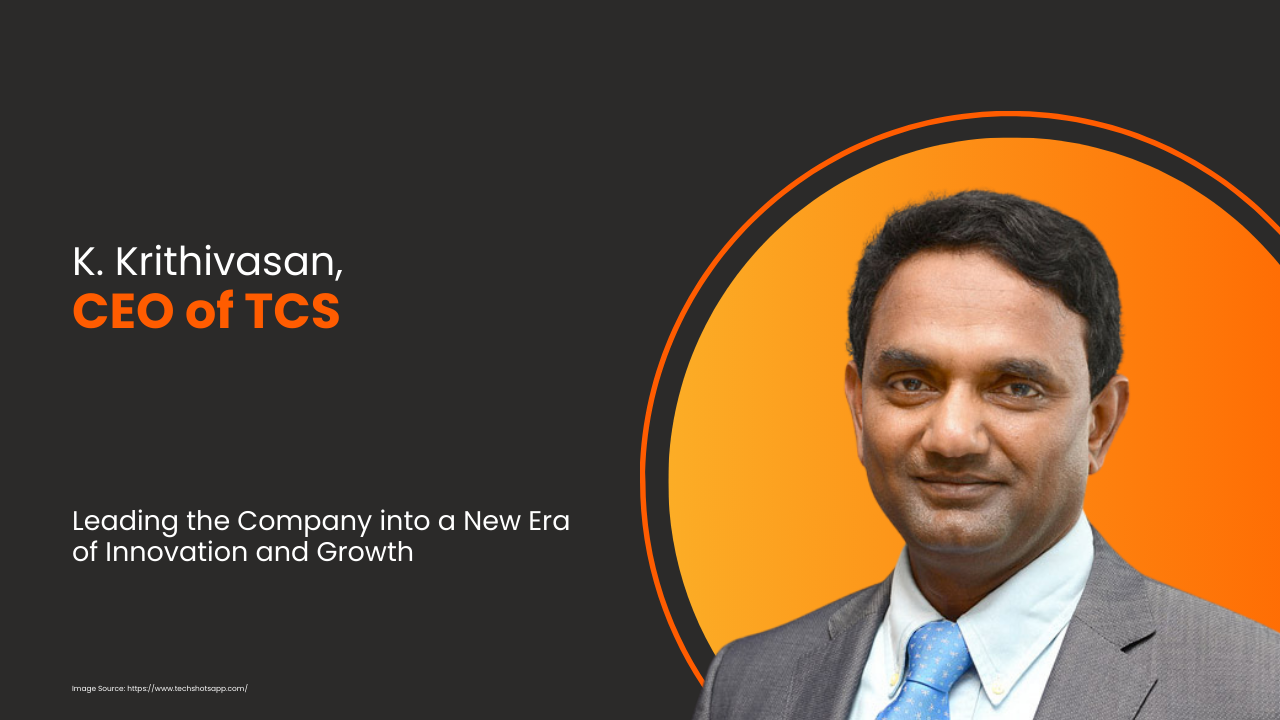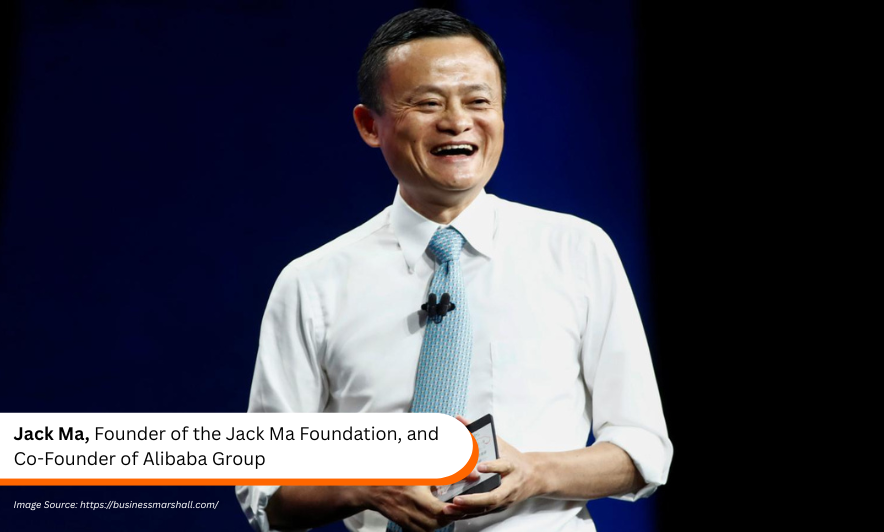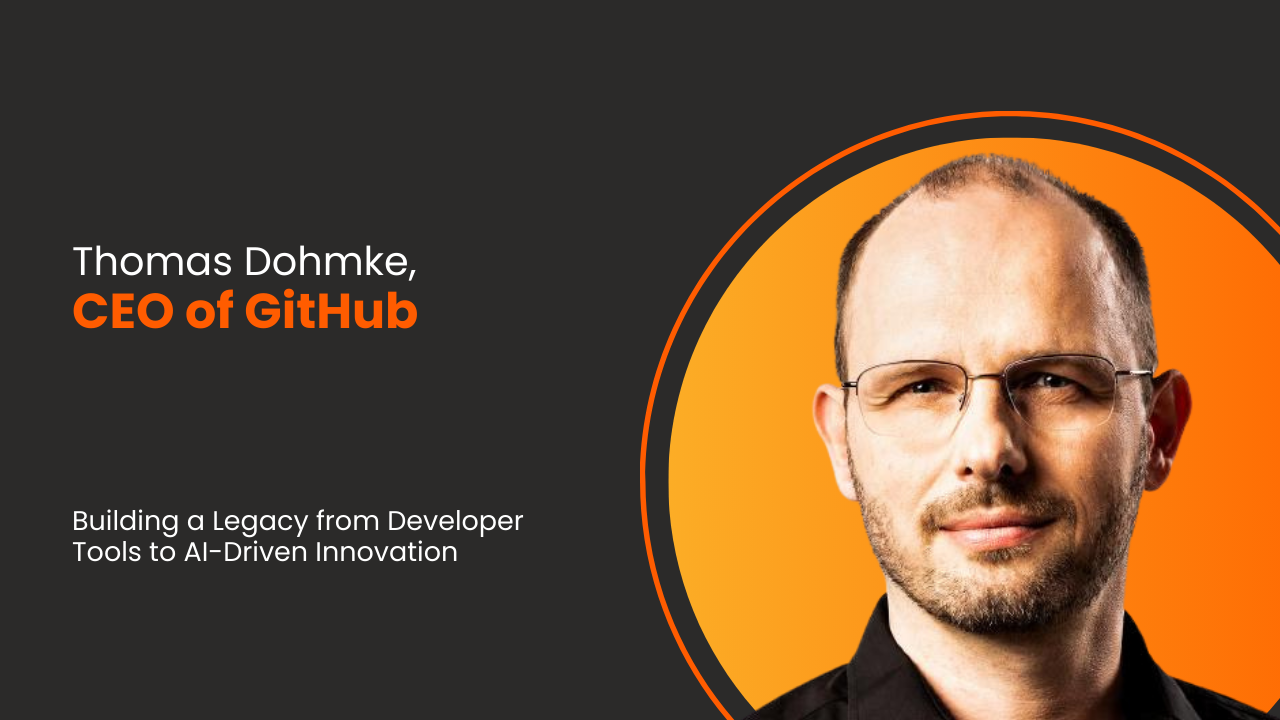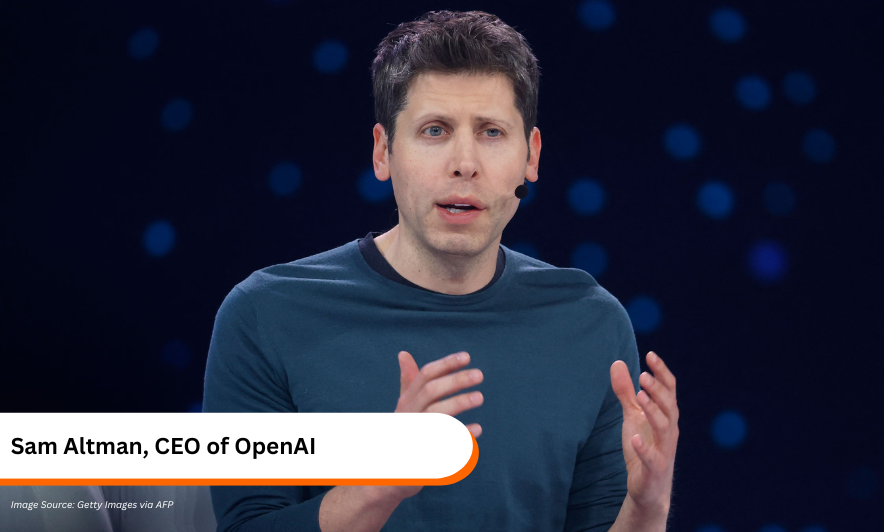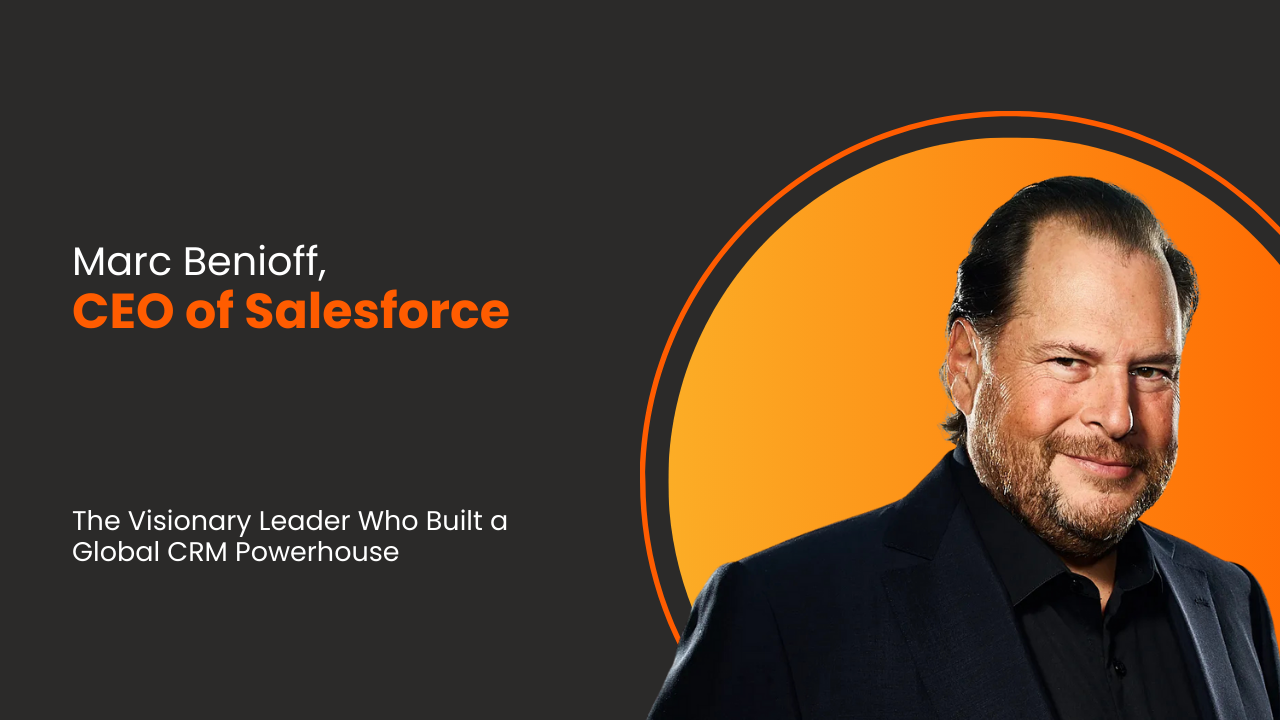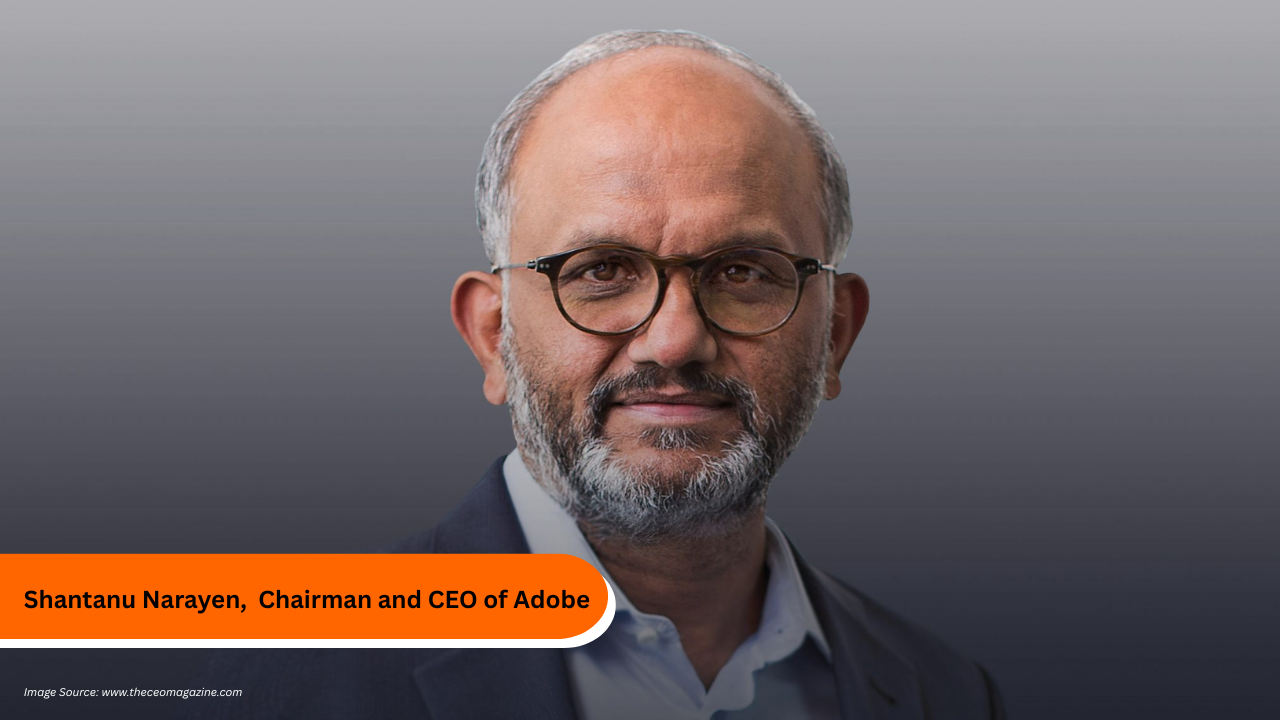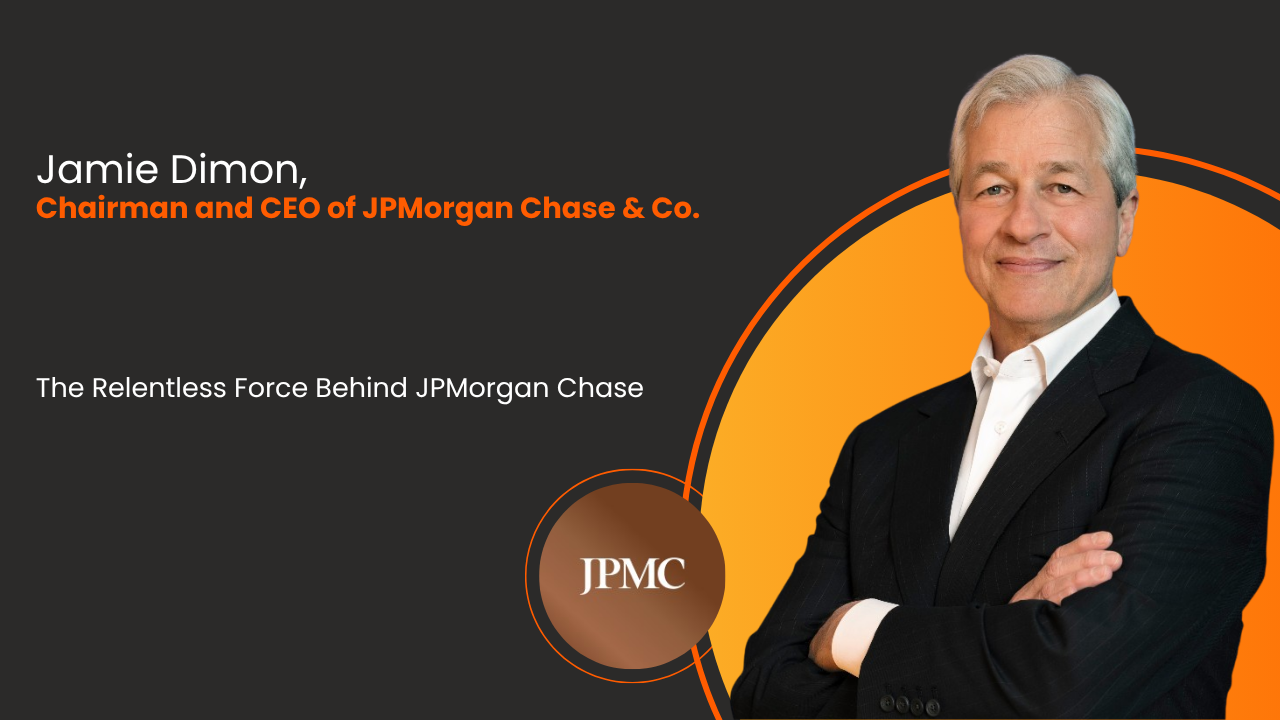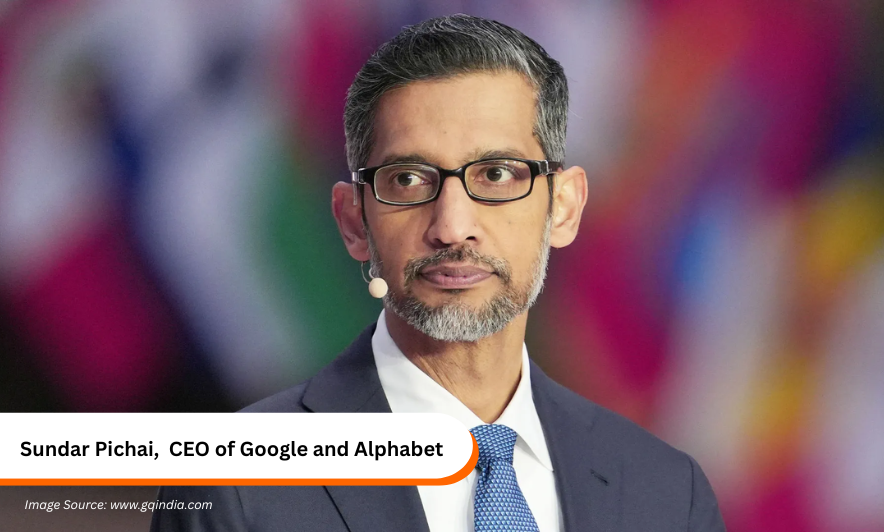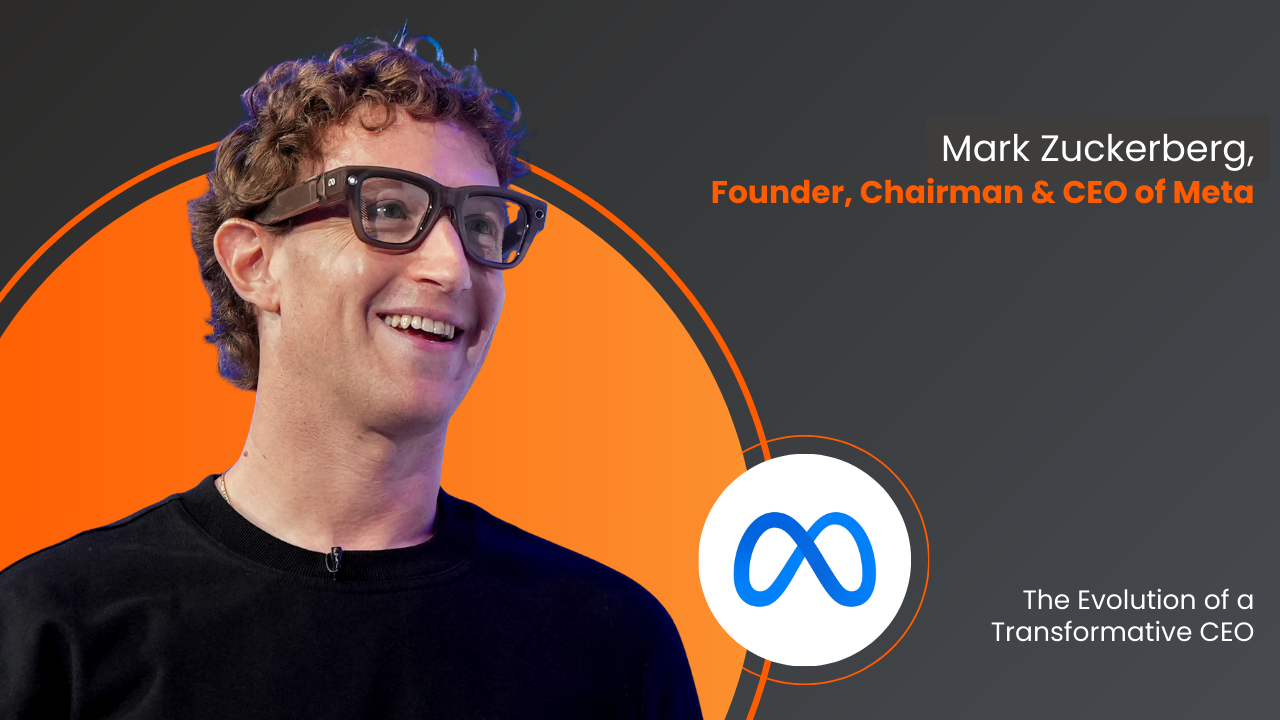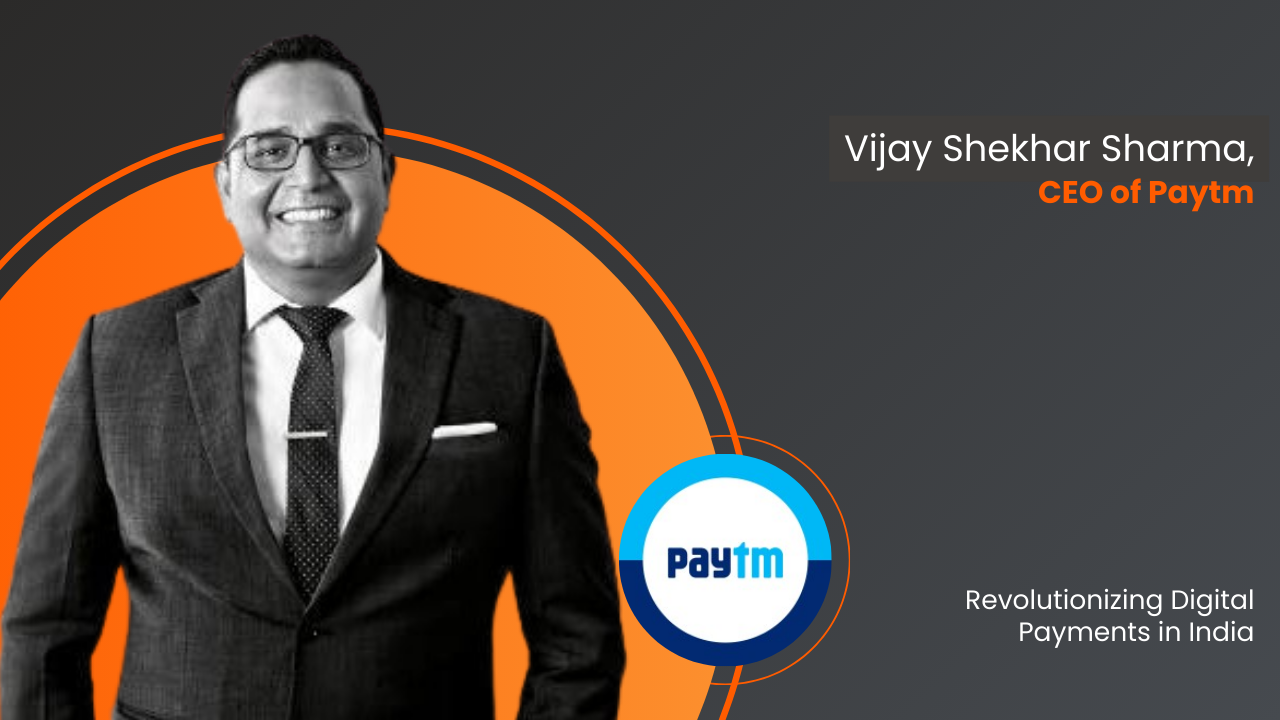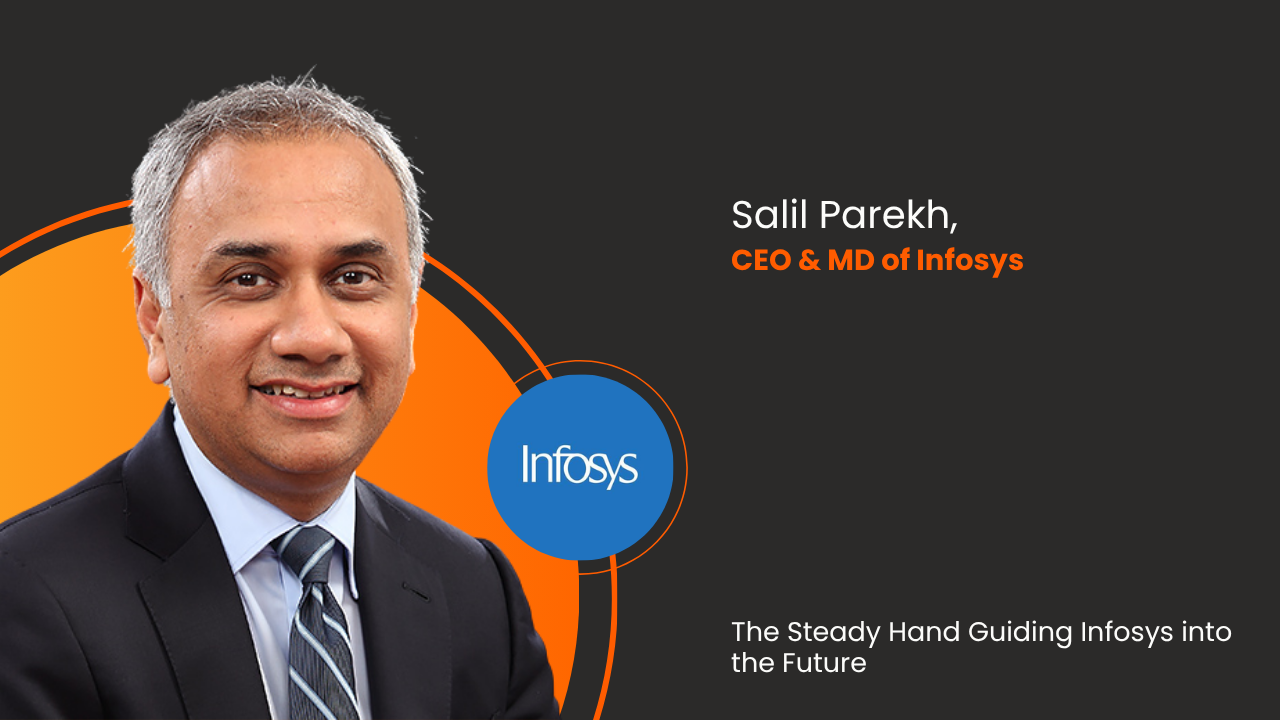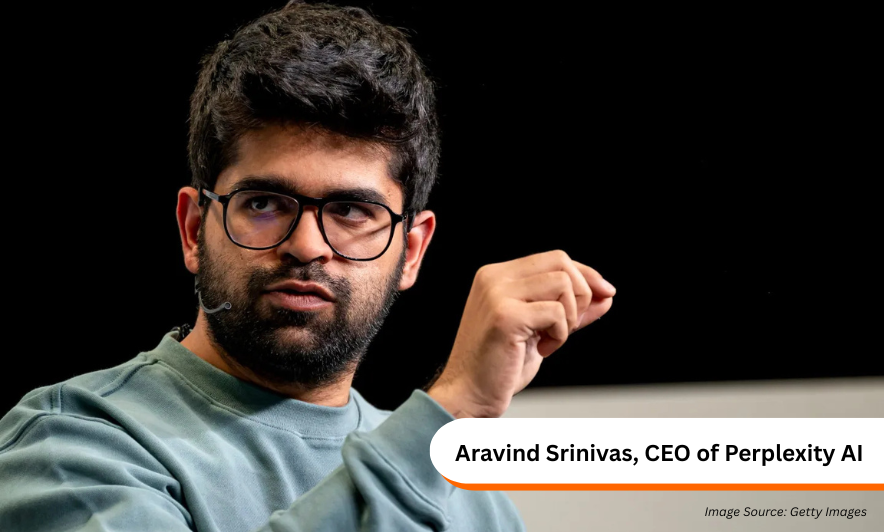A detailed look into the life, leadership, and global influence of Larry Fink, the Chairman and CEO of BlackRock, who has redefined modern asset management and shaped global conversations on sustainability, risk, and long-term value creation.
Laurence D. Fink, widely known as Larry Fink, is one of the most
influential figures in modern finance. As co-founder, Chairman, and CEO of
BlackRock, he has helped shape how capital is managed and invested worldwide.
His career reflects a deep understanding of both markets and risk, paired with
a vision of finance as a tool for long-term sustainability and growth.
BlackRock at a Glance
Founded in 1988, BlackRock began as a small risk management and fixed-income
institutional asset manager. Over the decades, it has grown into the world’s
largest asset management firm, with over $9 trillion in assets under management
as of 2025. Its services span exchange-traded funds (ETFs), risk analytics, and
sustainable investing solutions. The company’s flagship platform, Aladdin, has
also set industry standards in risk assessment and portfolio management,
reinforcing BlackRock’s global leadership.
Early Life, Education, and Career Foundations
Larry Fink was born in 1952 in Los Angeles, California, and raised in a
middle-class family. He studied political science at UCLA, earning a Bachelor
of Arts in 1974, before pursuing an MBA in real estate at UCLA Anderson School
of Management. His early exposure to finance came through his role at First
Boston Corporation, where he became a pioneer in mortgage-backed securities.
While he achieved notable success, a miscalculation in the mid-1980s led to
significant losses, an experience that shaped his lifelong focus on risk
management.
Path to Founding BlackRock and Becoming CEO
In 1988, learning from past challenges, Fink co-founded BlackRock along with
seven partners under the umbrella of Blackstone Group before it spun off as an
independent entity. His goal was to create a firm where risk management was
embedded into the core of investment decision-making. Fink’s blend of
analytical expertise and leadership quickly propelled BlackRock from a niche
player into a trusted global partner for governments, corporations, and
individual investors. By 1989, he was serving as CEO, a position he has held
ever since, guiding the company through multiple economic cycles.
Strategic Vision and Leadership Style
Fink is widely recognized for his annual letters to CEOs, in which he
emphasizes corporate responsibility, sustainability, and long-term value
creation. He has positioned BlackRock as a leader in environmental, social, and
governance (ESG) investing, pushing companies to consider their broader
societal impact. At the same time, he has embraced technology, ensuring that
platforms like Aladdin continue to give BlackRock an edge in data-driven
decision-making. His leadership style combines pragmatic risk assessment with a
commitment to innovation and global engagement.
Impact and Global Influence
Under Fink’s leadership, BlackRock has not only grown to manage trillions in
assets but also shaped debates on climate change, governance, and the future of
capitalism. He has become a key voice in encouraging companies to adopt
sustainable practices and think beyond quarterly earnings. BlackRock’s growing
influence in global markets has sparked both recognition and debate,
highlighting the firm’s power in shaping economies and industries. Fink himself
has frequently appeared on lists such as Forbes’ Most Powerful People in
Business, reflecting his outsized role in finance.

